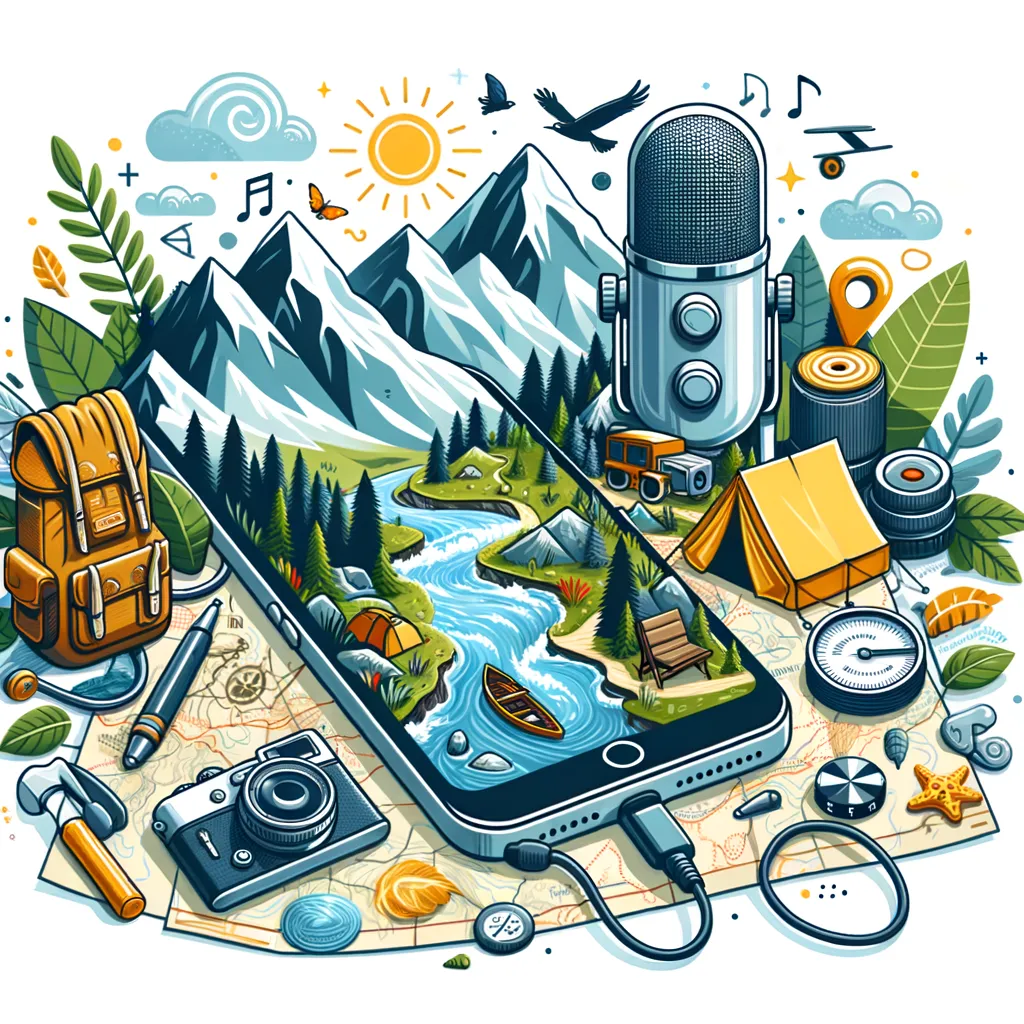The Revival of Foraging: A Guide to Ethical Gathering
Welcome, adventurous parents and guardians! If you’re intrigued by the idea of reconnecting with nature and teaching your children the ancient art of foraging, you’ve come to the right place. This guide is designed to help you embark on this exciting journey safely, responsibly, and ethically.
Why Forage with Your Family?
Foraging isn’t just about finding free food. It’s a fantastic way to bond with your family, learn about local ecosystems, and instill a deep appreciation for nature in your children. Moreover, it’s a journey back to our roots, promoting sustainability and an understanding of how to coexist with the natural world responsibly.
Getting Started: Knowing What’s Out There
Before you start your foraging adventure, it’s crucial to be well-informed. Understanding the plants, fruits, and mushrooms in your local area is the first step. Start by researching and perhaps joining a local foraging group or workshop. Knowledge is power and safety, especially when it comes to distinguishing between what’s edible and what’s not.
Books and Resources
Invest in a quality, region-specific foraging guide. Look for books with clear images and descriptions of plants. Websites and mobile apps dedicated to foraging can also provide valuable information and support.
Local Foraging Workshops
Joining a workshop can provide hands-on experience under the guidance of experts. It’s also a great way to meet fellow foraging enthusiasts in your community.
Foraging Responsibly: A Family Affair
Teaching kids to forage responsibly is imperative. Here are a few guidelines to ensure your foraging adventures are ethical and sustainable:
- Follow the Rule of Thirds: Only take a third of what you find. Leave the rest for wildlife and to ensure plants can continue to grow.
- Respect the Environment: Stick to trails and avoid trampling over plants or disturbing wildlife. Remember, you are a guest in nature’s home.
- Know What’s Protected: Some plants may be endangered or protected by law. Make sure you and your children know what’s off-limits.
- Leave No Trace: Carry out everything you bring in, including any trash, to keep the natural spaces clean and untouched.
What Can You Forage?
You might be surprised by the variety of edible plants and mushrooms that can be found almost anywhere, from urban parks to dense forests. However, identification is key. Here are a few common and relatively easy-to-identify items you might come across:
- Dandelion: This ubiquitous plant can be found almost everywhere, and every part of it is edible, from its flowers to its roots.
- Wild Berries: Many berries are safe to eat and delicious, but it’s crucial to know the difference between edible and toxic varieties.
- Nettles: With the right preparation, nettles can be a nutritious addition to your diet. Make sure to wear gloves when handling them to avoid getting stung.
- Mushrooms: Mushrooms require careful identification, as some edible varieties look similar to toxic ones. Always err on the side of caution and consult with an expert.
Whether you’re wandering through a local forest or exploring the green spaces in your city, foraging can be a delightful and educational experience for the whole family. However, the key to a successful foraging adventure lies in preparation, knowledge, and respect for nature.
Stay tuned for more detailed insights on how to identify, gather, and use the natural bounty that surrounds us, all while ensuring we preserve the beauty and integrity of our natural world for future generations.

Embark on an Eco-Adventure: The Family Guide to Ethical Foraging
Excited to introduce your family to the wonders of foraging? You’re embarking on an enriching journey that connects you with nature, teaches valuable survival skills, and promotes an eco-friendly lifestyle. This comprehensive guide is your starting point to foraging ethically and responsibly, ensuring a safe and enjoyable experience for everyone.
Prepping for Your Foraging Quest: 5 Must-Know Tips
Foraging with your family is not just a leisure activity; it’s an educational adventure that demands preparation and respect for nature. Here are five essential tips to prepare you for a sustainable foraging expedition:
1. Equip Yourself with Knowledge
Understanding your local flora and fauna is crucial before heading out. Invest time in studying region-specific guides and consider enrolling in local foraging workshops. The right knowledge can turn your foraging trip from mere exploration to a valuable learning experience.
2. Safety First
When foraging, especially with children, safety is paramount. Ensure that each family member knows the basics of identifying plants and mushrooms, focusing on recognizing common edible and toxic species. Emphasizing the importance of not eating anything unless 100% sure of its safety is key.
3. Gear Up
Proper gear can enhance your foraging experience. From comfortable walking shoes to gloves for handling nettles and containers for collecting your finds, preparing the right equipment in advance can make your adventure seamless and more enjoyable.
4. Understand and Respect Local Regulations
Foraging is governed by laws and regulations, which can vary greatly by region. It’s essential to be aware of what’s legal to forage in your area and obtain any necessary permits. Respecting these laws ensures the sustainability of foraging practices and conserves ecosystems.
5. Foster an Ethical Mindset
Instill a sense of responsibility in your children by practicing ethical foraging. Teach them the importance of sustainability, such as adhering to the Rule of Thirds for sustainable harvesting and leaving no trace to preserve natural habitats.
Unveiling Nature’s Bounty: What You Might Discover
The world of foraging is vast and varied, offering a plethora of edible treasures ranging from leafy greens to succulent berries and nutritious mushrooms. Familiarize yourself with the common finds in your area:
- Dandelions: A common sight in almost any setting, dandelions are entirely edible, offering a range of health benefits.
- Wild Berries: Foraging for berries can be a fun and tasty endeavour, but knowing the difference between safe and harmful varieties is crucial.
- Nettles: Nutritious yet tricky, nettles should be handled with care. With the right preparation, they make a healthy addition to your meal.
- Mushrooms: The allure of foraging mushrooms is undeniable, yet caution and expert advice are necessary for safe identification.
Foraging is more than just harvesting what nature offers; it is about being part of a sustainable cycle, contributing to the well-being of our ecosystems, and passing on valuable knowledge to the next generation.
Embarking on a foraging journey with your family not only strengthens bonds but also fosters a profound respect for nature. It’s a rewarding experience that extends beyond the thrill of discovery—it’s about creating lasting memories, gaining essential life skills, and understanding the importance of conservation.
As you prepare to set out on your foraging adventure, remember that the journey is as important as the destination. The lessons learned, the experiences shared, and the natural wonders discovered together will provide a rich foundation for a lifelong appreciation of our natural world. Happy foraging!
Disclaimer
The articles available via our website provide general information only and we strongly urge readers to exercise caution and conduct their own thorough research and fact-checking. The information presented should not be taken as absolute truth, and, to the maximum extent permitted by law, we will not be held liable for any inaccuracies or errors in the content. It is essential for individuals to independently verify and validate the information before making any decisions or taking any actions based on the articles.


